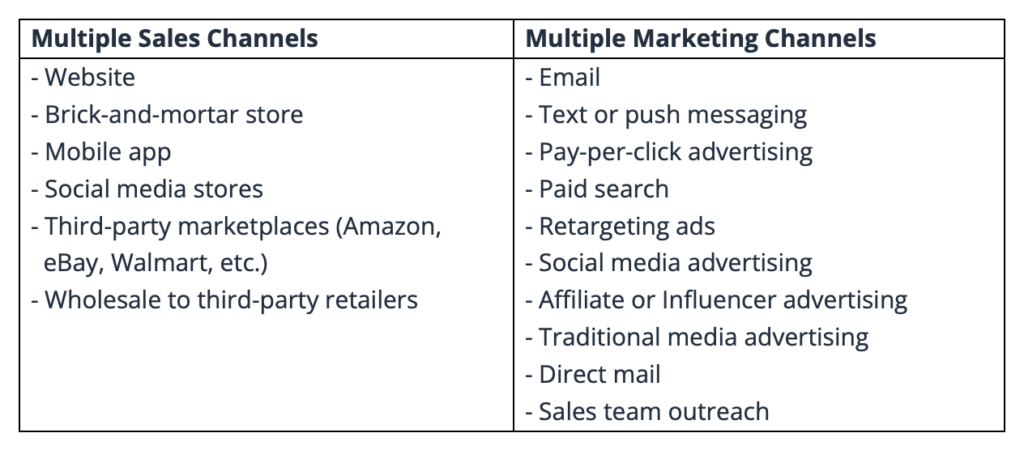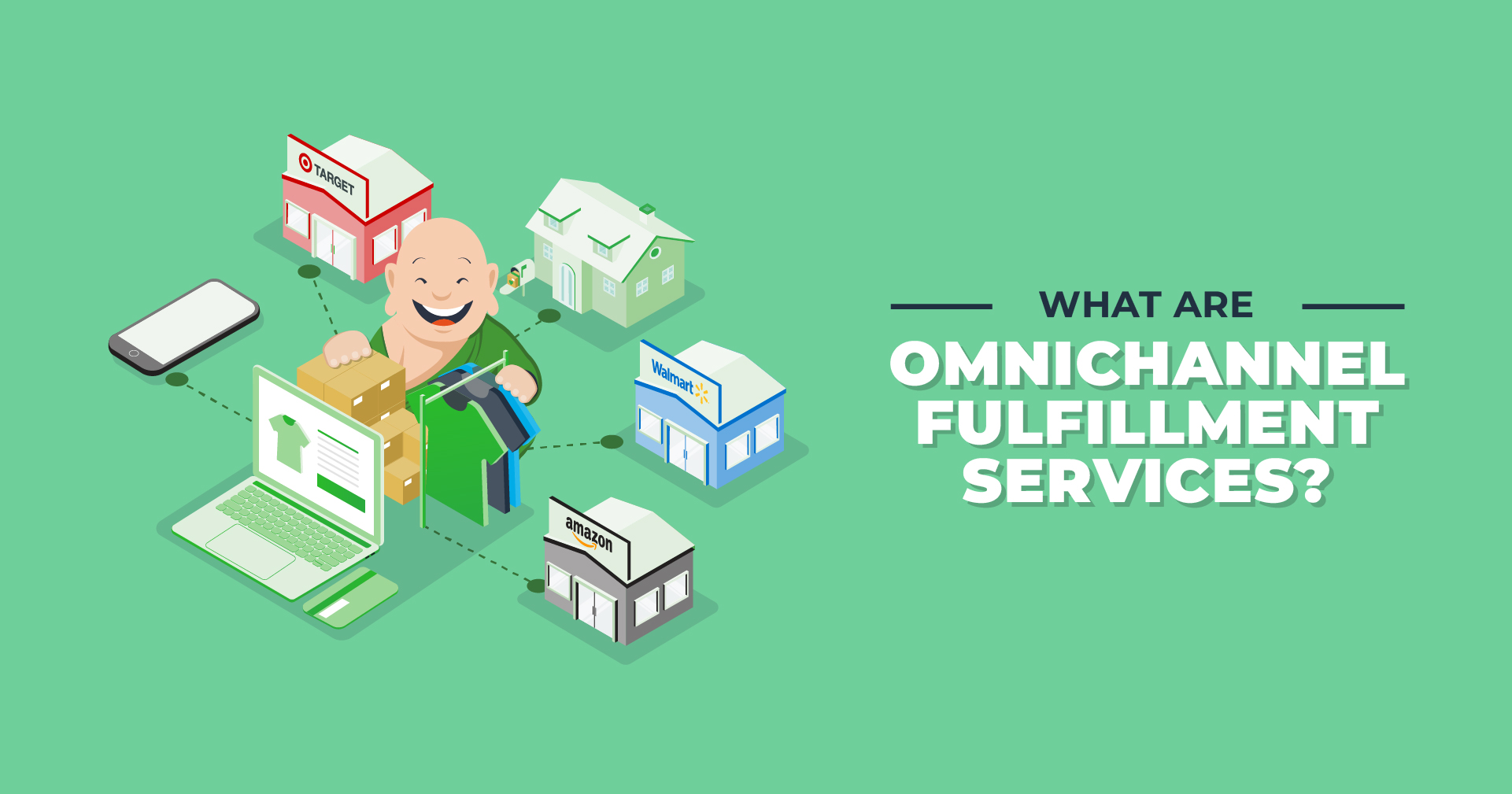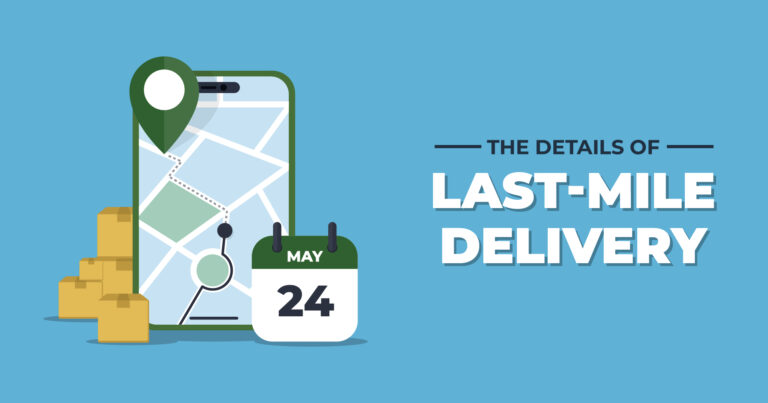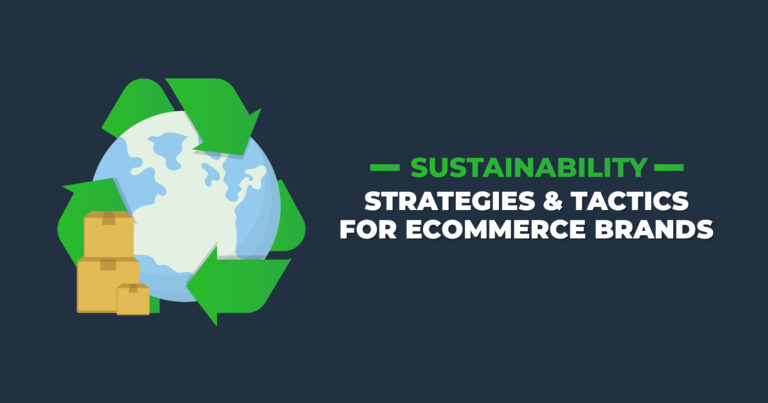What are Omnichannel Fulfillment Services?
You’ve undoubtedly heard the words omnichannel and multichannel thrown around liberally in the ecommerce arena, but what do they actually mean? What are the differences between the two, and how does your choice of sales strategy affect your fulfillment services? Can your fulfillment company provide omnichannel fulfillment services? We’re here to help you figure out the answer to all these puzzling questions! But first, let’s step back and ingest a little background info.
Sales Channels vs. Marketing Channels
Most ecommerce businesses start with a single sales channel, whether that’s a shoppable website or a brick-and-mortar store. Their marketing budget then goes toward driving potential customers to this single channel to shop. As soon as the brick-and-mortar store adds a website, they’re using a multichannel sales strategy. Likewise, as soon as the ecommerce startup lists their products on Amazon, they’re also using a multichannel sales strategy. A multichannel sales strategy simply means you’re offering potential customers more than one location or way to buy your products.
Both types of ecommerce businesses might also use a multichannel marketing strategy. In other words, they use multiple methods including email, social media platforms, paid search, or pay-per-click advertising that all drive traffic to their website. If they’re smart, they also make sure their website is responsive and available on tablets and mobile devices, so customers can reach them on whatever device they’re using.
A multichannel sales strategy simply means that potential customers can purchase your products and engage with your brand in multiple ways, on multiple devices and in multiple places.

What is an Omnichannel Sales Strategy?
An omnichannel sales strategy is a multichannel sales strategy. Wait. Let’s repeat that. An omnichannel sales strategy is a multichannel sales strategy — but with one major difference. An omnichannel sales strategy integrates all the channels and technologies you use to engage with your customers to create a seamless experience no matter where they’re shopping or what device they’re using.
It requires powerful technologies to identify customers and track their behavior from channel to channel. Data is collected, analyzed, and used to predict shopping behavior, forecast demand, create a more streamlined shopping experience, target marketing dollars more accurately, personalize ad messaging, and engage with customers.
What do we mean by a streamlined shopping experience? Here are a few examples.
- A customer shops on your website and adds an item to his cart but doesn’t check out. Later, a mobile push notification reminds him to check out, with a link to the mobile app. He opens the app, finds the item in the cart, and checks out on his phone.
- A customer is shopping in a retail store when they get a text that offers a coupon they can use on your product at that store.
- A customer places an order on your website, but the delivery is late. They send a direct message through Facebook and their problem is quickly solved by one of your customer service reps through Facebook Messenger.
- A customer orders a pair of jeans from your mobile app, but they are too small. She initiates a return through live chat and is directed to a return app where she can exchange them for a larger size.
- Several months later this same customer is on a web browser and wants to order a second pair of jeans but can’t remember what she ordered. She finds her order history on your website and can order the same style in the correct size.
- A customer clicks on a buy link in a TikTok video and purchases an item without leaving TikTok. She gets follow-up emails and shipping notifications directly from the ecommerce store and sees retargeting ads for matching products on Google, TikTok, Facebook and Instagram.
- A customer submits their email for a discount on their first purchase, but the item they are viewing is sold out. A month later they see an Instagram add for that item. They hit the buy button and are able to use the same discount code.
In each of these examples, tech integrations and powerful customer data platforms ensure that customer data is collected and shared across all channels and devices. This not only makes the customer’s journey easier but benefits the ecommerce company in many ways.
- Marketing messages can be targeted more accurately, by channel and by customer.
- Valuable customer data can be used to build loyalty and create an even more personalized experience.
- Customer service reps have order information at their fingertips to solve problems quickly.
But how do you keep track of orders and manage inventory when you’ve got orders coming in from all different directions?
Omnichannel Fulfillment Services
If you’re planning to engage in omnichannel sales, you can’t overlook omnichannel fulfillment. Your fulfillment center is where the rubber meets the road. It’s where the tech integrations mentioned above funnel all of your customer orders — orders that need to be prioritized, accurately picked, packed, and shipped on time, to the right customer. It’s where inventory needs to be tracked and managed in real time to avoid stockouts and backorders. To save on shipping, you might also want the option to distribute your inventory and fulfill orders from warehouses spread across the country. A conventional warehouse management system just isn’t going to cut it.
With a tech-first third-party logistics (3PL) partner like ShipMonk, omnichannel fulfillment is the norm, not the exception. Our best-in-class fulfillment software integrates with over 75 ecommerce shopping carts, marketplaces, and solution providers for plug-and-play functionality. It automatically syncs orders from all sales channels, including ecommerce, retail, and wholesale operations into one easy-to-use order management system. Our ecommerce clients and their customer service teams can quickly assess the status of any order and are immediately notified of any carrier delays. We also offer FBA prep services and Seller Fulfilled Prime fulfillment.
Mastering Omnichannel Fulfillment
In an omnichannel world, inventory management with cross-channel visibility is key to forecasting and managing your inventory levels across your business. ShipMonk’s inventory management system shows you exactly where your goods are, their status, and selling trends all in real time. Inventory can be distributed across any of our 12 fulfillment center locations and orders are automatically routed to one that can ship it most affordably with two-day, standard, economy shipping and more.Can your fulfillment center do all this? Better to find out now, than down the road when it’s too late. Let ShipMonk manage your omnichannel fulfillment services and help you build a fully integrated tech stack that meets your growing needs. Contact us today!



